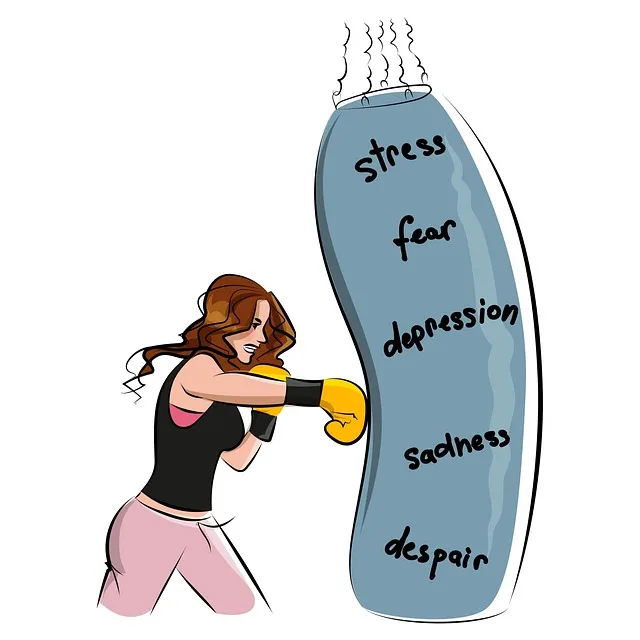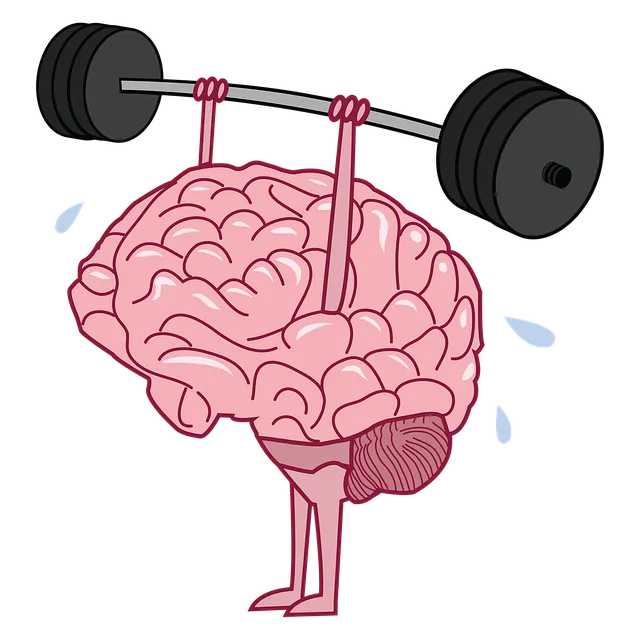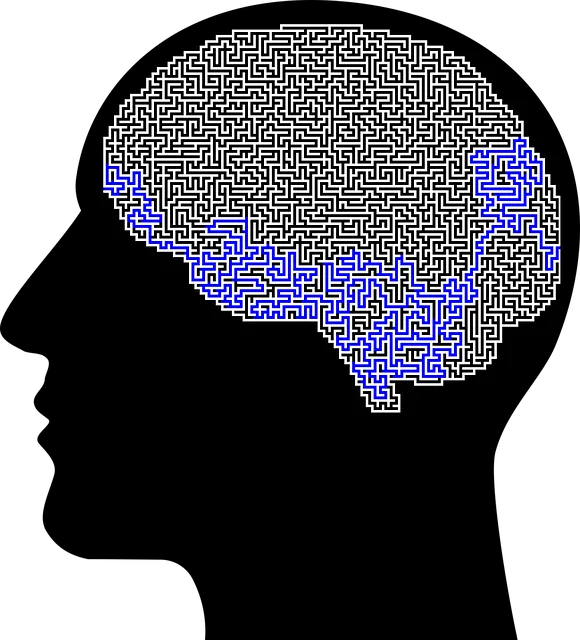The Kaiser Permanente Mental Health Facility in Denver focuses on emotional intelligence (EI) through programs like Mindfulness Meditation and the Mental Wellness Podcast Series. These initiatives equip individuals with skills to understand, manage, and respond to emotions, fostering a supportive environment for navigating life's challenges. Building EI involves emotional regulation, self-esteem improvement, and depression prevention strategies, all contributing to overall well-being. Consistent practice, self-reflection, empathy, and meaningful connections are key to developing EI, as emphasized by the facility's experts, leading to better stress management and mental wellness.
Emotional intelligence (EI) is a powerful tool for personal growth and professional success, as evidenced by its integration into healthcare institutions like the Kaiser Permanente Mental Health Facility in Denver. This article explores EI’s profound impact on well-being and mental health, backed by real-world examples from the facility. We’ll uncover practical strategies to enhance EI in daily life, emphasizing self-awareness, empathy, and emotional regulation. By combining insights from experts and proven techniques, this guide offers a roadmap for individuals seeking to develop and strengthen their emotional intelligence.
- Understanding Emotional Intelligence and Its Impact at Kaiser Permanente Mental Health Facility Denver
- Strategies for Enhancing Emotional Intelligence in Everyday Life
- The Role of Practice and Self-Reflection in Developing Emotional Intelligence
Understanding Emotional Intelligence and Its Impact at Kaiser Permanente Mental Health Facility Denver

At Kaiser Permanente Mental Health Facility Denver, emotional intelligence (EI) is recognized as a cornerstone for enhancing mental wellness and fostering a supportive environment. EI involves understanding, managing, and utilizing one’s own emotions, as well as recognizing, interpreting, and responding appropriately to the emotions of others. By integrating this concept into their approach, the facility aims to empower individuals with valuable skills for navigating life’s challenges and promoting overall mental health.
The Kaiser Permanente Mental Health Facility Denver offers various programs and resources tailored to improve emotional intelligence, such as Mindfulness Meditation sessions that teach individuals how to stay present and regulate their emotions effectively. Additionally, their Mental Wellness Podcast Series Production provides accessible content on topics like Self-Esteem Improvement, enabling people to learn and practice EI techniques at their own pace. These initiatives reflect the facility’s commitment to providing holistic care that goes beyond traditional therapy, creating a nurturing atmosphere where emotional well-being is prioritized.
Strategies for Enhancing Emotional Intelligence in Everyday Life

Building emotional intelligence (EI) is a continuous journey that enriches everyday life and contributes to overall well-being. The Kaiser Permanente mental health facility in Denver offers valuable insights into cultivating EI, emphasizing its importance for personal growth and effective communication. One key strategy is emotional regulation, learning to identify and manage one’s emotions. This involves recognizing triggers and developing coping mechanisms to respond calmly under stress. Practicing mindfulness meditation, engaging in physical exercise, or journaling can help individuals gain a deeper understanding of their emotional patterns and responses.
In addition to emotional regulation, self-esteem improvement plays a pivotal role in enhancing EI. Encouraging self-acceptance and fostering a positive self-image empowers individuals to navigate interpersonal interactions with confidence. This, in turn, contributes to better emotional awareness in relationships and social settings. Furthermore, focusing on depression prevention through proactive measures like maintaining a balanced lifestyle, cultivating meaningful connections, and seeking professional support when needed, ensures that individuals can effectively manage their emotional health over the long term.
The Role of Practice and Self-Reflection in Developing Emotional Intelligence

Developing emotional intelligence (EI) is a continuous journey that requires dedicated practice and self-reflection. At Kaiser Permanente mental health facility Denver, experts emphasize that understanding and managing emotions effectively isn’t an innate skill; it’s cultivated over time. Regularly engaging in activities that encourage empathy, self-awareness, and social skills can significantly enhance one’s EI.
Practice plays a pivotal role in mastering emotional intelligence. This involves actively listening to others, practicing mindfulness, and participating in activities that foster meaningful connections. Self-reflection is equally crucial; taking time to introspect, understand personal emotions, and learn from experiences helps individuals make sense of their feelings and respond appropriately. By integrating these practices into daily routines, individuals can improve their ability to manage stress (Stress Management) and promote mental wellness (Mental Wellness), as evidenced by the successful Public Awareness Campaigns Development initiatives at Kaiser Permanente.
Emotional intelligence, as demonstrated at the Kaiser Permanente Mental Health Facility in Denver, is a powerful tool for personal growth and improved relationships. By understanding and managing emotions, individuals can enhance their well-being and create positive change in their daily lives. Through practical strategies and self-reflection, anyone can develop emotional intelligence, fostering better communication, empathy, and stress management. Implementing these insights, as shown at the Denver mental health facility, has the potential to revolutionize personal and professional interactions, ultimately leading to happier and healthier communities.






